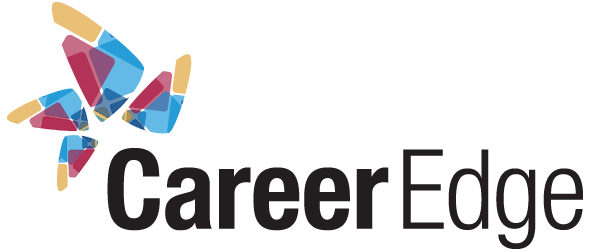Looking ahead to those we characterize for only looking ahead
Our insight into Gen Zs is as broad as how we’ve defined them. Born between the early 1990s to the late 2000s, they comprise approximately one quarter of the population. Most would agree they’ve entered a world much different from ours, but these “post-millennials” aren’t the future – they’re its creators. Gen Zs are redesigning their – and our future.
Some believe Gen Zs are more optimistic about their future than their predecessors. Others think they’re anxious about economic instability and resigned to their fate of low-paying, precarious work, and delayed personal milestones.
A study conducted by Robert Half and Enactus surveyed more than 770 postsecondary students from Canada and the United States to gain insight on Gen Zs’ career objectives and expectations, along with obstacles and opportunities. By the next decade, they’ll comprise more than 20 per cent of the population.
The research reported that Gen Zs customize rules and consider training as an ongoing and essential process. They learn primarily through technology but prefer face-to-face communication. Gen Zs tackle problem-solving with an entrepreneurial approach, require consistent and frequent feedback, and expect change. Five years after graduation, approximately one third predict they’ll manage or supervise employees in a corporate setting, about one quarter foresee receiving promotions just short of the management level, and one fifth expect to work for themselves.
Gen Zs lack many soft skills like self-evaluation and presentation, personal responsibility, and maintaining positivity – but 77 per cent surveyed expect to work harder than previous generations, and although most wish to retire earlier, they project to work up to age 70. They demand to know how the job fits into their life, not how their role fits into the company. Almost four in five surveyed considered midsize companies or large, international or nonprofit organizations as their ideal work environment.
Most would also agree that Gen Zs have been born into an era that’s more globalized and socially connected. A wider platform and louder voice has supplied these post-millennials with more power than their predecessors to inspire, orchestrate, and force more change, even if it’s through memes and gifs, and Instagram and Snapchat.
But how will Gen Zs transform the workplace and recruiting process?
Your company must demand collaboration between its human resources and marketing teams. You’ll need to convince them why working for you eclipses working for themselves. They’re self-taught, entrepreneurial, and value flexibility. You’ll also need to accelerate and digitally enhance your candidate experience. They’re weak in-person communicators, more open-minded, and very impatient.
Your company must show opportunities for advancement as those pursuing full-time jobs considered ‘opportunities for career growth’ as their highest priority and ‘mentoring ability’ as the second-highest characteristic they value in a leader/boss.
Your company must exhibit a commitment to personal and corporate integrity by discussing examples of genuine connections to the community and social responsibility. The time they spend glued to their electronic devices includes learning and caring about the world around them. Among those pursuing full-time jobs, respondents valued ‘making a difference or having a positive impact on society’ as their third-highest priority.
And finally, your company must consider retention during the recruiting process by improving the employee experience, because Gen Zs only look ahead.

